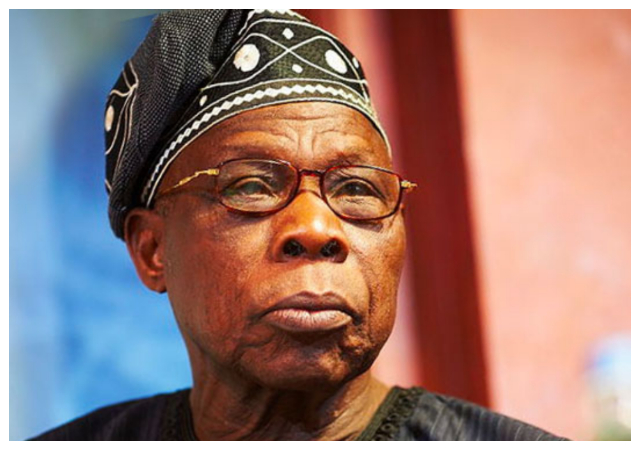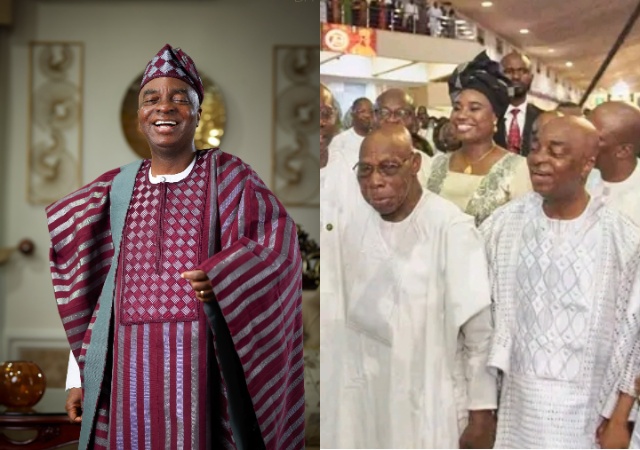- Former Nigerian President Olusegun Obasanjo has attributed the country’s current challenges to a global leadership shortage, particularly in Africa, which is particularly evident in Nigeria.
- Obasanjo emphasized the significant issue of insufficient strategic planning among certain Nigerian leaders in an exclusive interview with Kayode Akintemi on News Central Television.

Former President Olusegun Obasanjo has linked Nigeria’s present challenges to a worldwide deficiency in effective leadership, particularly evident in Africa and most pronounced in Nigeria.
In a recent interview with Kayode Akintemi on News Central Television, Obasanjo emphasized the absence of strategic planning among some Nigerian leaders as a significant issue.
He expressed criticism towards a specific Nigerian president, who assumed office without a clear plan, pointing out that policies are frequently declared without sufficient research or groundwork, which he perceives as indicative of poor leadership.
Obasanjo said: “I will say, at this point in time, generally there’s a leadership deficit in the world. Otherwise, the situation we have found ourselves in should not be the position we are in. Unfortunately, in Africa, and in Nigeria in particular, we take two steps forward, one step sideways, and take two or three steps backward. That can’t take us far. Leadership is something we should pay attention to.“
What do you say of a Nigerian President who came to office without a plan? And he woke up and just said, ‘three-point plan.’ What are the three points? What are they going to achieve? Who are the people who have worked on it? Oh, you just come and open your mouth and make a pronouncement on something that hasn’t been studied.
“Let me again give you an example: when I was military Head of State, we decided to really be part of the frontline states to fight the last vestiges of colonialism and apartheid.
“And we were determined. So, as a result of our policy, pronouncements, and determination, we became known as members of the frontline states, even though we were a thousand kilometers from the frontline. And we decided that we must do what needed to be done. We worked with the frontline states.”




Leave a Reply